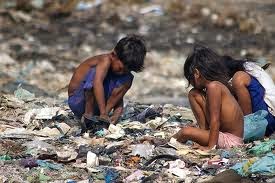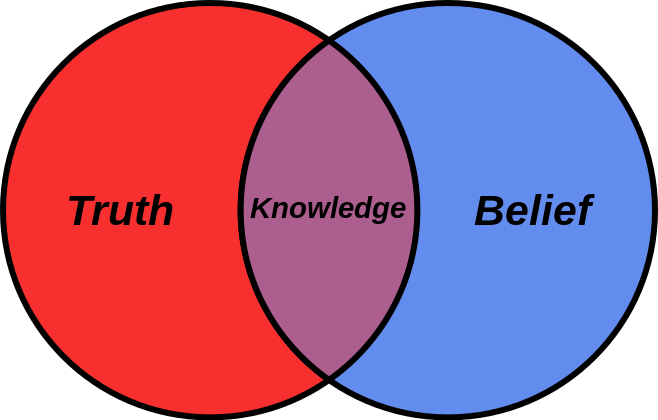- Thread starter
- #41
I'm not so sure that the rich couldn't be taxed more. The U.S. has actually been taxing the rich less and less for decades. As to his other point, it's not that hard to understand what makes it work for Nordics. He mentions provides a good clue in his article:
**I think there’s reasons that it won’t work, one of them simply being geography. The U.S. is just too large a place to be shipping 15% (another 15%!) of GDP off to Washington DC for it then to be redistributed in nice things from the bureaucrats. There really are good reasons why Denmark does much of this at the commune level, a grouping of as few as 10,000 people.**
At this point, from the first sentence, I get the feeling you just have wealth envy. What makes you think that the business owners shouldn't keep their money? They earned it,
Did they really? Money isn't created by labour. Most of it is created by the banks, and only a small fraction (5% or less) is created by the government printing bills and coins. From what I've heard, banks create 95% of the money in the U.S. and 97% of the money in the UK; I imagine the percentage is similar in most other countries as well. They are not "earning" that money, they are simply creating it out of the signatures of those who come to them for loans in one form or another. The following video explains it quite well within the first 2 minutes or so:
I imagine you've heard of the "golden rule"? Just in case you haven't heard of it, I'll include a brief excerpt from wikipedia:
**
The Golden Rule or law of reciprocity is the principle of treating others as one would wish to be treated oneself. It is a maxim of altruism seen in many human religions, human cultures, and animal kingdoms.[1][2] The maxim may appear as either a positive or negative injunction governing conduct:
- One should treat others as one would like others to treat oneself (positive or directive form).[1]
- One should not treat others in ways that one would not like to be treated (negative or prohibitive form).[1]
- What you wish upon others, you wish upon yourself (empathic or responsive form).[1]**
The banks and their ilk, however, operate by a different "golden rule", one mentioned in a certain movie with Kevin Costner in it whose name escapes me: "He who has the gold makes the rules". The rules have been tailored to essentially steal from the lower classes to further enrich the rich. And so, whatever companies have the favour of the banks are allowed to borrow money from the banks, and thus be able to employ people of their choosing. Businesses must then return the money they borrowed, plus interest. But since most people are not bankers, where are they going to acquire this extra money? They generally have to borrow it, once again, from the banks. And so the cycle continues...




